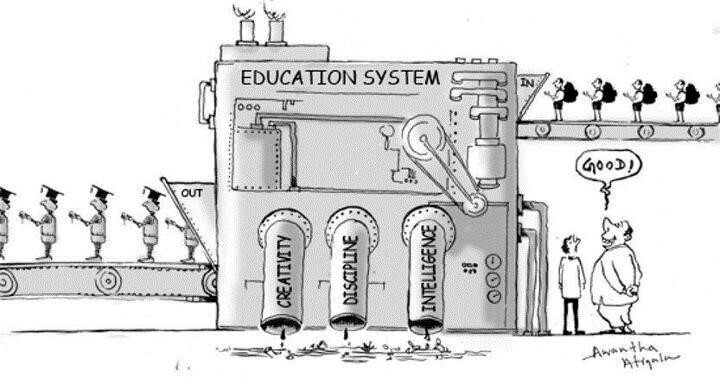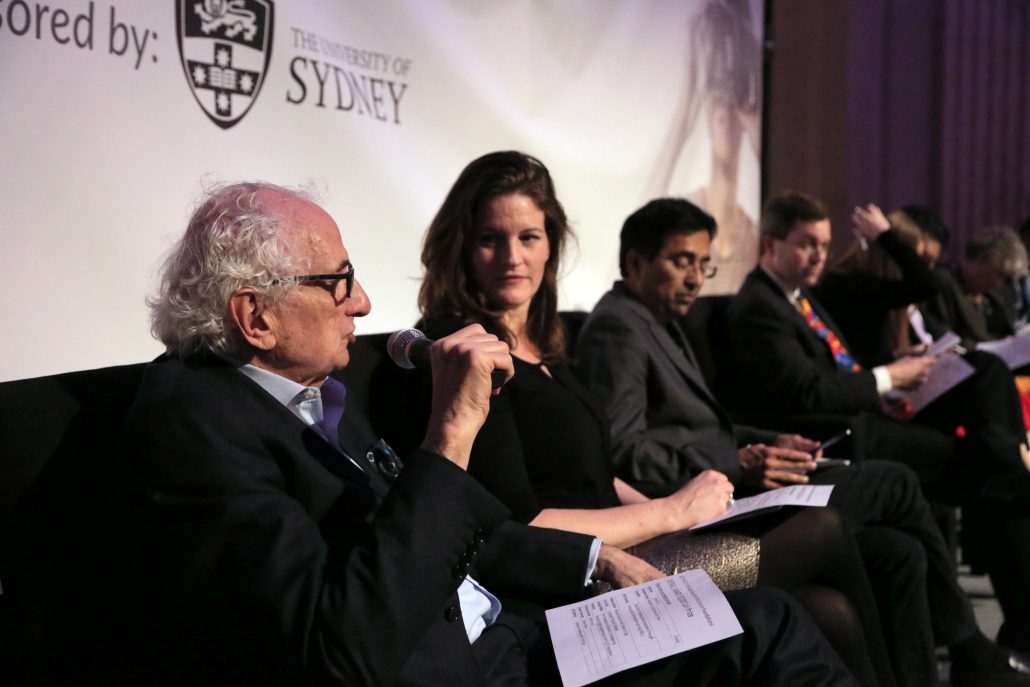UNIVERSITY OF THE FUTURE: RE-IMAGINING HIGHER EDUCATION FOR THE NEW WORLD
REIMAGINE NEWSLETTER: ISSUE 19
Editorial Overview
Nunzio Quacquarelli, co-founder of Reimagine Education, has always kept the nurturing of graduate employability close to his heart. QS’s mission statement expresses the desire to allow ‘motivated people to fulfil their potential’, and we collectively believe that this can only be done ‘through academic achievement, international mobility and career development’.
This aspect of QS’s mission is especially important at a time when the link between higher education and the global employment market is under unprecedented scrutiny. Our 2017 Reimagine introductory paper, ‘The Global Skills Gap: Student Misperceptions and Institutional Solutions’, explored the issue in greater detail, noting that, among other things, that Open University research suggested that nearly seven in ten hiring managers expected to struggle to hire adequately-skilled graduates in 2017. We also cite research observing a gap between student perceptions regarding their preparedness for employment, and employer feedback about how prepared graduates are in reality.

As Mark Leach, editor of Wonkhe, notes in his recent lamentation about the relationship that HEIs currently enjoy (or not, as it were) with the general public, one common objection is that university bureaucracies “use students as cash cows, yet leave them with massive debts that they will never pay off”. Underlining this line of attack are two concerns: first, that high tuition fees require commensurate returns on investment to be justifiable; and, second, that too much student debt will not be paid off precisely because institutions, too often, are not preparing students for successful employment.
There are, of course, reasonable objections to this continued criticism. One might reasonably argue that training is also an employer responsibility, and point out that spending expenditure per employee has failed to rise since 2011 in the United Kingdom. They might also note – at least, they might if they’re situated in the UK – that employer investment in training lags behind other EU economies.
Combined with these objections might be the assertion that the disparity between employer experience and student perception may be inevitable if the two parties are defining ‘preparedness’ differently. For example, employers (especially hiring managers) may define preparedness according to a far more specific set of requirements than students or institutions, who frequently maintain the need to equip students with adaptability, critical-thinking capability, and other soft skills.
This is, however, an optimistic reading of the current situation. For one, there is research (e.g. Saunders 2010) that suggests that employers and students tend to emphasize the same key skills when considering employability: Saunders notes that “overall, there was good agreement between the BML (biomolecular) sandwich students/graduates and the employers about the relative importance of the employability skills”.
Second, critical thinking is perhaps the quintessential tertiary education skill, and, were degree programs truly honing it, one would expect to observe some improvement in critical thinking capability across the duration of a degree program. The American Collegiate Learning Assessment Plus (CLA+) examination, a ‘standardized testing initiative designed to measure college students’ critical thinking skills’, measures critical thinking attainment between freshman year and senior year. Recent results, as noted by Inside Higher Ed, indicate that: “relatively few students who took the test showed any improvement between freshman and senior years, even at schools where critical thinking was part of the curriculum.
The response to these concerns has generally been a contested one: further initiatives that attempt to provide quantitative data about graduate employment prospects – and, by proxy, teaching standards – at the institutional level. Most recently, the United Kingdom’s Teaching Excellence Framework (TEF) has sought to – according to UK Minister for Universities, Science, Research & Innovation Sam Gyimah ensure that institutions will “no longer be able to hide if their teaching quality is not up to the world-class standard that we expect”.[1]
The announcement of the pilot of a subject-level TEF on 12th March drew sharp responses from a number of concerned stakeholders, partly because of the pilot of a graduate earnings metric that critics argue devalue learning, fail to acknowledge earning disparities between career choices deriving from the same subject path – in essence, that does not measure teaching quality at all.
The debate – and pushback – will continue to simmer over the coming months, and there is certainly good reason to question the belief that any single data point can capture the quality classroom interaction. In the meantime, Reimagine Education will continue to support institutions by rewarding them for proven pedagogical approaches that effectively enhance employability – approaches that cannot be captured in the form of an institution-level ranking or rating. This edition of your Reimagine newsletter features three contributions from those who we believe are affirming, and strengthening, the link between education and employment:
- Sally Parrott, Learning Management Systems champion at Australia’s RMIT University, whose Global Grads project was the winner of our Nurturing Employability category in 2017;
- Naomi Oosman-Watts, Associate Director of Newcastle University’s Careers Service, who articulates how her department have deployed data science and analytics in employability-boosting ways;
- Hamoon Ekhtiari, founder and CEO at Audacious Futures. He’s extremely concerned about educational practice lagging behind new skill imperatives, and his ‘debt-free, degree-free, lecture-free, AI-powered sandbox’ is designed to serve as a solution.
In other news: the 2018 Reimagine Education Awards will officially open on Monday at 13:00 GMT. We’ll again be seeking your proven pedagogy and innovative edtech solutions – with $50,000 in funding available for our leading application. If you believe that your work is making students more employable, improving teaching delivery, ameliorating assessment, or enhancing learning – you have until the 31st July to tell us. Don’t throw away your shot!
Regards,
Jack Moran
Editor
Reimagine Education
[1] https://www.timeshighereducation.com/news/gyimah-subject-level-tef-will-expose-degrees-lagging-behind#survey-answer
Judging
We’re continuing our call for expert volunteer judges to help evaluate this year’s entrants to Reimagine Education. Want to:
- Gain extensive insight into improvements in education across the world?
- Receive global visibility for your role on our judging panel?
- Acquire accredited acknowledgement for your contribution?
- Receive a complimentary ticket to this year’s Reimagine Education conference?
Then we invite you to join the judges! Our call for judges will remain open until the 31st May, and all those who profess expertise in education are invited to apply for consideration. Submit your application here.

Speaking
If you’re an expert in your field, keen to contribute to urgently-needed debate about the future of education, then we want to hear from you! Our 2018 Call for Speakers has opened, and we’re accepting applications from educators worldwide! This year, we’re offering especial preference to those that can offer case studies of successful pedagogical innovation – demonstration above speculation, efficacy before prophecy.
Particularly desirable are case studies pertaining to successful implementation of:
- Artificial intelligence
- Virtual reality/augmented reality
- Learning analytics
- New forms of learning assessment (e.g. adaptive comparative judgement)
- Curricular redesign
- Approaches at the intersection of neuroscience and pedagogy
- Adaptive learning
- Hybrid learning approaches.
If you would like to convene a panel, please contact [email protected] with your proposal. You can apply to speak at http://bit.ly/Reimagine18Speakers.

Introductory Papers
Those who have only just been introduced to Reimagine Education are offered five introductory papers on the key focuses of Reimagine Education, which outline some basic information about each focus, and introduce some of the debates that we take up at the event.
We’ve written on:
Technology and pedagogical innovation
The Global Skills Gap: Student Misperceptions and Institutional Solutions


